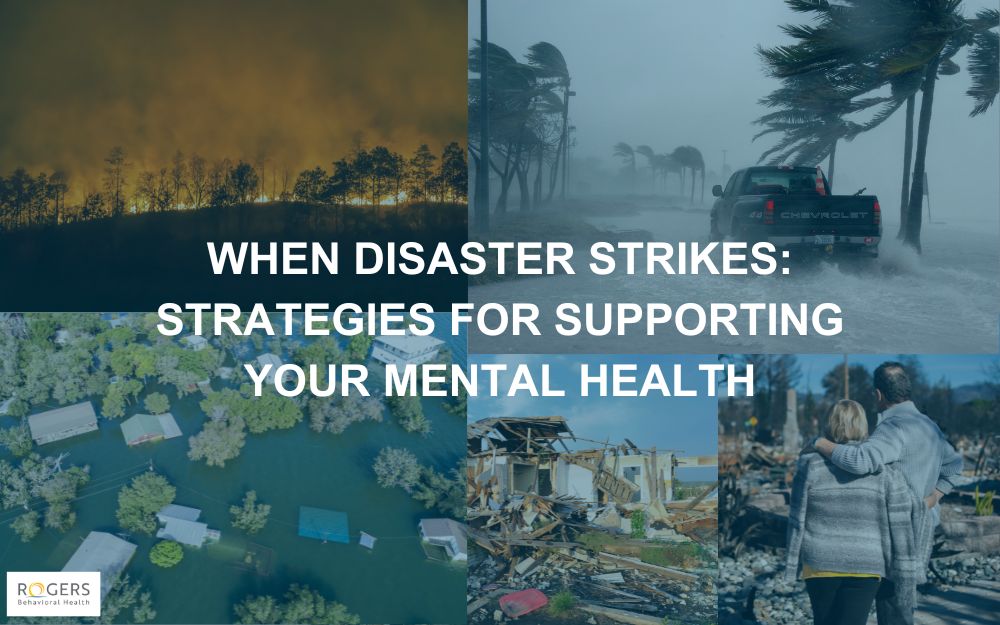5 ways to keep kids mentally healthy during summer break
Posted on 04/10/18 07:33:pm
Blog updated May 2023
For many families, summer vacation means a welcome break from the daily grind of bus schedules, report cards, and school conferences.
But for many others, the time away can give way to worry.
According to the Centers for Disease Control and Prevention (CDC), one in five children in the U.S. shows signs of a mental health disorder—from depression and eating disorders to anxiety and addiction—and half of all lifetime cases start by age 14.
School’s in, support is all around
During the school year, kids are surrounded by adults monitoring their daily behaviors, moods, and habits.
And when there’s a change in the norm, there are many who take notice.
A teacher notices if a teen is unusually stressed to be the ‘perfect’ student. A coach is concerned when a team member suddenly seems uninterested in a sport they once loved. A guidance counselor witnesses outbursts of anger during class time. A parent struggles to get their child to go to school without a meltdown.
When issues arise, these adults often work together to support the student.
School’s out…now what?
When the school year takes a pause, underlying issues in mental health for kids can progress. And without check-ins from adults with a variety of perspectives, these issues can go unnoticed.
So how can parents check up on their children’s mental health during summer break?
“Summer presents an opportunity to reconnect with your child and learn more about what is going on in his or her life,” says Rachel Leonard, PhD, psychologist, executive director of Clinical Strategy.
Dr. Leonard provides five tips for checking up on your child’s mental health:
- Find an activity you can do together. “Even if it’s something small, like a walk after dinner, these can be great opportunities for your child to open up to you,”
- Maintain routine or structure. “While summer may be a nice reprieve from academic expectations and it is natural to spend more time relaxing, it is helpful to still maintain some structure throughout the days and weeks as well as to engage in a variety of activities.”.
- Monitor overall patterns of behavior. “For example, many kids enjoy sleeping in during vacation. If that doesn’t interfere with getting to activities on time or engaging with friends and hobbies, it’s likely not an issue. However, if your child sleeps for much of the day, avoids engaging with others, and also appears to be down or irritable much of the time, this is more cause for concern.”
- Watch for avoidance of or anxiety in certain types of activities or situations. “When someone is struggling, they often avoid or disengage from things they used to do. While you may see decreases in some activities, there are often increases in other more solitary and sedentary activities, such as sleep, playing video games, watching TV, or reading.”
- Signs of distress. “This can include tearfulness, irritability, restlessness, and comments indicating a negative view of themselves, hopelessness, or excessive worry about negative outcomes in the future.”
Watch for more tips all summer long from Rogers' experts on how to prioritize your child’s mental health.
Share this article:



